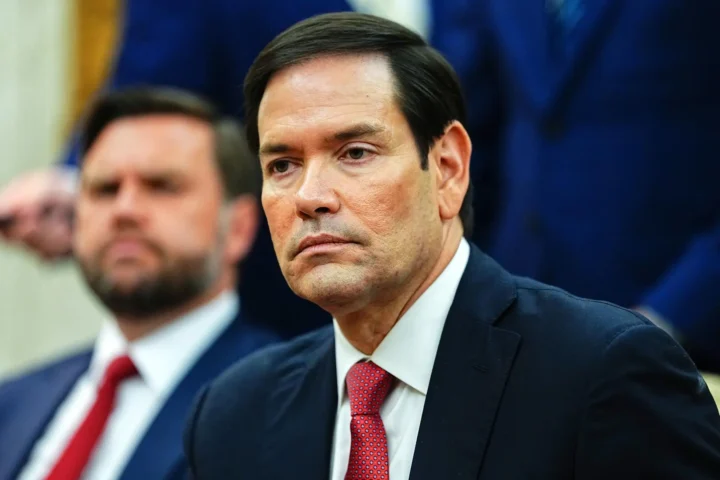UK Labor Market Faces Economic Challenges Amid Rising Unemployment and Global Tariff Pressures
On August 13, 2025, the Office for National Statistics (ONS) announced that Britain’s labor market is continuing to cool, with a noticeable decrease in job vacancies and payroll employment, reports 24brussels.
The unemployment rate has reached 4.7 percent, the highest level in four years. Job vacancies fell by 5.8 percent in the second quarter, from May to July, totaling 718,000—a decline observed across 16 of the 18 monitored sectors, particularly within arts, entertainment, and recreation, which saw a 17.6 percent drop from the previous quarter.
Additionally, June payroll figures revealed a reduction of 149,000 employees, representing a 0.5 percent decrease year-over-year, and a 0.1 percent drop from May. Early estimates for July suggest a total of 30.3 million payroll employees.
“The UK’s post-pandemic labor market was red hot. But that period is officially over, the labor market is loose and getting looser, having shed 165,000 payrolled jobs over the past eight months,” stated Hannah Slaughter, senior economist at the Resolution Foundation.
Liz McKeown, ONS director of economic statistics, remarked, “Taken together, these latest figures point to a continued cooling of the labor market.”
Stephen Evans, chief executive of the Learning and Work Institute, identified retail and hospitality as the sectors experiencing the largest job losses, connecting these declines to weak economic conditions, rising minimum wage, and increased employer costs.
Steady wage growth is also affecting unemployment figures. Recent surveys indicated that wage growth, excluding bonuses, maintained a steady rate of 5 percent over the three months leading to June, reflecting ongoing price pressures.
Jane Gratton, deputy director of public policy at the British Chambers of Commerce, highlighted that ongoing cost pressures, tariffs, and global uncertainties are constraining job creation, prompting some businesses to curtail hiring or reduce their workforce.
Gratton also mentioned that inflation may influence the Bank of England’s interest rate decisions. “Continued wage growth is creating real challenges for business and the wider economy,” she noted.
Economists suggest that ongoing U.S. tariffs are further straining the labor market. Matthew Percival, director of future work and skills at the Confederation of British Industry, emphasized that global uncertainty has made businesses more cautious regarding job creation and staff replacement.
Professor David Bailey from the University of Birmingham reiterated that U.S. tariffs are weighing heavily on companies’ recruitment strategies. Despite a U.S.-UK trade deal, tariffs on automotive goods increased from 2.5 to 10 percent, affecting exports and profit margins for large manufacturers like Jaguar Land Rover, which has announced plans to cut 500 jobs.
David Spencer, a professor at the University of Leeds, pointed out that recent statistics indicate the British economy is facing sluggish growth and a more pliable labor market. He cautioned that rising employment taxes, policy uncertainty, and tariffs are limiting employment growth and increasing the risk of stagnation.








